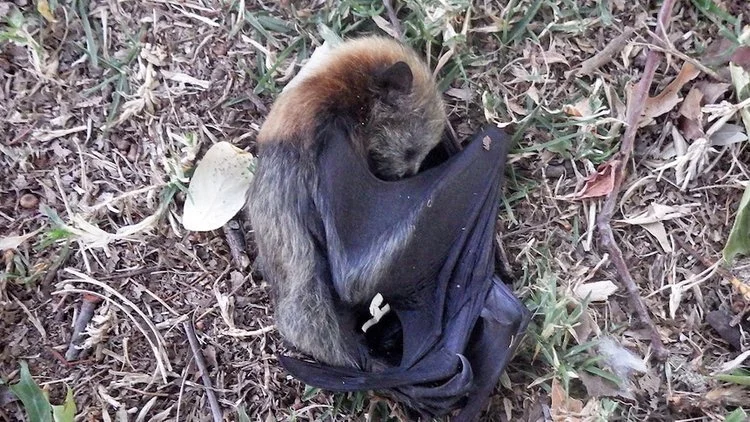The Featured Stories.
On Land: Saving Rhinos in South Africa
Rhinos remain critically endangered due to the demand for their “magical” horns, an exaggerated myth that contributes to the violent slaughter of these majestic animals. Sadly, poaching leaves many rhinos orphaned. South Africa has been hit the hardest, with more than 1000 rhinos killed each year.
Petronel Nieuwoudt, founder of Care for Wild, the worlds largest rhino sanctuary, is helping to save black and white rhinos from the brink of extinction. She has developed a sustainable model empowering local communities to be at the core of her conservation efforts, ensuring the preservation of this endangered keystone species and the biodiversity of the planet.
In the Sea: Saving Sharks in the Grand Bahama
Caribbean reef sharks are heavily exploited and are heading towards extinction due to illegal overfishing in protected marine life areas. Due to unfortunate false narratives that generalize all sharks as animals to be feared, sharks are, in fact, more vulnerable to our presence than we are to theirs. Cristina Zenato, founder of People of the Water, is fighting for the Caribbean Reef Shark of the Grand Bahama and to dispel the harmful beliefs surrounding sharks. She has successfully removed over 300 hooks from sharks mouths by hand. Cristina believes that the power of one action, whether big or small can make a difference.
In our skies: Saving Bats in Nigeria
Short-Tailed Roundleaf Bats and their habitats are at the brink of extinction due to the threat of hunting and wildfires in Nigeria. In addition, bats worldwide have been victims of many misconceptions that perpetuate the false beliefs that contribute to their decline. Iroro Tanshi, founder of Small Mammal Conservation Organization, is a dedicated bat specialist. She protects the largest-in country colony of the straw-colored fruit bats from government imposed roost tree destruction and her “Zero Wildfire Campaign” was created to protect critical bat habitats and to help bring specific species back from the brink of extinction. Tanshi and her team are working hard to mentor future generations of bat conservationists to help ensure their survival.
On Land: Saving Elephants in Thailand
Saengduean Lek Chailert, also known as Lek, was born in Thailand in 1961. In return for saving the life of a young man, her grandfather, a shaman or traditional healer, was given an elephant named Thong Kham, meaning the Golden One. The bond that developed between Lek and Thong Kham sparked a love and respect for elephants that was to shape the course of her life. Today Elephant Nature Park is home to over 100 elephants who have been rescued due to mistreatment, suffering, and neglect. Instead of being forced to work, perform tricks, or being ridden they are allowed to live a more natural, dignified life where they are respected. Lek is an award-winning conservationist who has been working for over two decades to improve the lives of elephants in Asia and advance their welfare.
In the Sea: Saving Coral Reefs in the Florida Keys
Given the rapid, global decline in the health and abundance of coral reefs, the next generation of scientists like Celia Leto are working hard to curb the stressors that are contributing to coral decline, such as the bleaching crisis of the superheated oceans waters of the Florida Keys. Corals typically spawn during the full moon in August, Celia and her team at Mote Marine Laboratory, are riding an emotional rollercoaster of hope that they can successfully spawn corals despite the risk posed by the hottest ocean temperatures ever documented in the Keys region, and create new corals that they can put out on the reefs. As a Keystone Species, Coral Reefs protect our coastlines from erosion, they are the nurseries for the fish we eat and they harbour the symbiotic algae that produce the oxygen we breathe. Globally, coral reefs support a quarter of all marine life and the livelihoods of a billion people.





